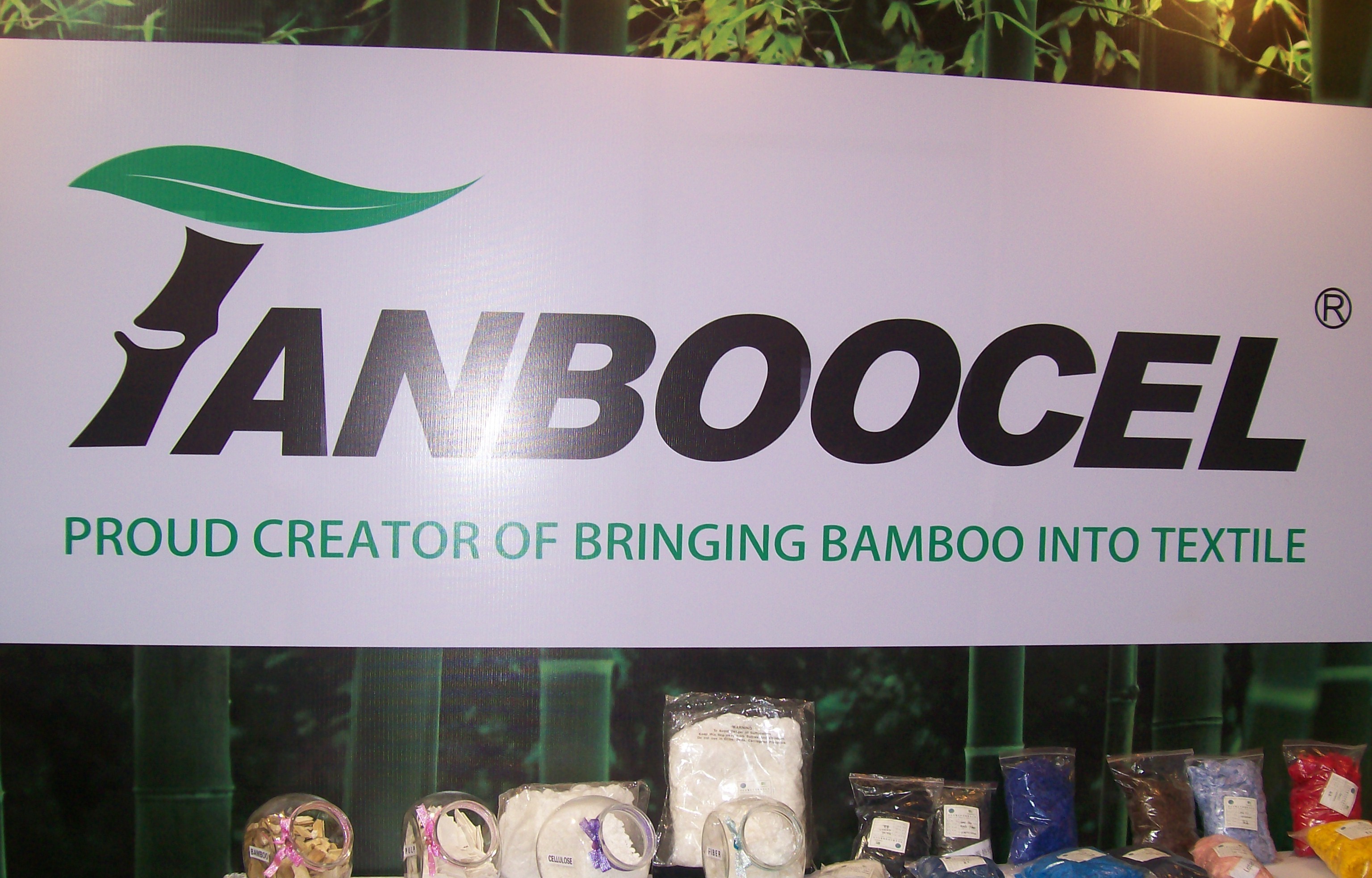
Tanboocel fibre has been validated by Japan Textile Inspection Association as possessing excellent anti-bacteria, bacteriostasis qualities even after 50 washing.“The product is antibacterial, breathable and has thermo control properties and moisture absorbency and is much better than cotton,” says Chen Zhen, Regional Director, Jilin Chemical Fiber Group, adding, “More water absorbency is the main property of the bamboo fibre. We are going to launch bamboo as a fashion fibre now.”
Applications of bamboo fibre
The main application of bamboo fibre is in terry towel industry, knitting and furnishing
products as well as woven industry such as bed sheets. “Now we are developing more products like dyed bamboo fibres and bamboo filament yarn as well. These are the new developments for Indian market, and we are hopeful that we will have a good market for bamboo fibre in India. Our main supplier and producer are Hebei Jigao Chemical Fiber manufacturing company from China,” explains Zhen.
Bamboo fibre is exported to many markets such as Europe, Australia among others. Recently the company launched bamboo fibre that can be used in carpet as well. There are some chemicals used but it has OKEOTEX certification for it. Elaborates Zhen, “The product is eco friendly, and we possess a trademark from the Indian government as well.”
Demand and capacity expansion
What works for bamboo is that there is no need for replantation as it is a core sustainable product. For all other products like cotton replantation, re-harvesting is required. In bamboo, there are no pesticides, it grows three feet in the night on its own that is why it is also the fastest growing plant on the planet. “Bamboo takes three years to mature to become bamboo fibre. Availability is also plenty and we are supplying a good quantity of bamboo fibre to Indian spinners,” informs Zhen.
Indeed, Bamboo fibres are expensive compared to cotton because of its properties. As Zhen says, China is the only manufacturer of bamboo so production is limited. “But we are happy to continuously supply good quantity of fibre and have recently installed a new factory for bamboo pulp in China and then the capacity will almost double. At the moment, our capacity is 24,000 per annum, and we are launching more plants for bamboo pulp and fibre,” he adds.
At present, all products go to export markets. The fibre is imported from China and yarn, spinning of yarn and garmenting and value addition is done in India but the end product goes overseas. The products are not available in the Indian market. “We look forward to an increase in bamboo fibre applications in India,” states Zhen.
www.jlhxjt.com












